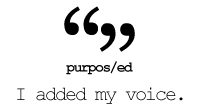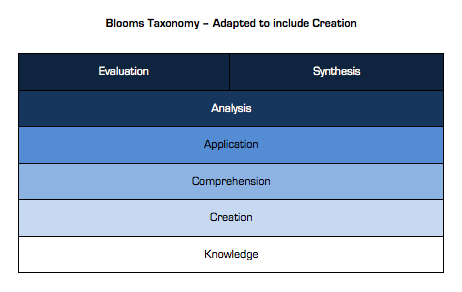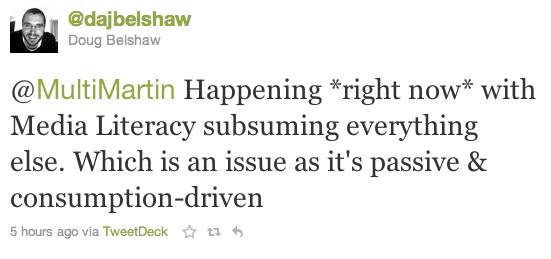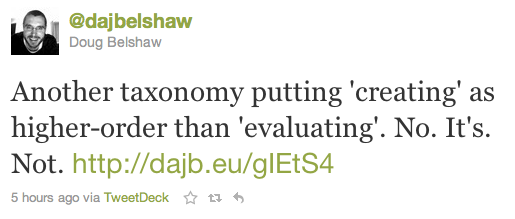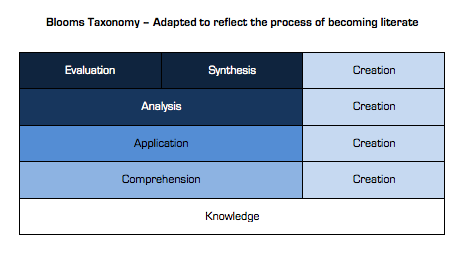I have been relatively silent amidst the turmoil that has arisen out of the collective deep-breath forced upon us by the pandemic. Where I initially saw hope for change, it was quickly cancelled by an onslaught of rhetoric on both sides of the aisle that left no room for mercy, compassion and tolerance.
Race, gender, religion, wealth: All topics fraught with difficulty at the best of times and I have struggled to fully form the words I would use to express how I feel about any of these issues in the current climate. However, Nick Cave has come to my rescue responding to questions about ‘mercy’ and ‘cancel culture‘ on his blog…
Mercy is a value that should be at the heart of any functioning and tolerant society. Mercy ultimately acknowledges that we are all imperfect and in doing so allows us the oxygen to breathe — to feel protected within a society, through our mutual fallibility. Without mercy a society loses its soul, and devours itself…
As far as I can see, cancel culture is mercy’s antithesis. Political correctness has grown to become the unhappiest religion in the world. Its once honourable attempt to reimagine our society in a more equitable way now embodies all the worst aspects that religion has to offer (and none of the beauty) — moral certainty and self-righteousness shorn even of the capacity for redemption. It has become quite literally, bad religion run amuck.
And there it is…
We cannot and should not deny our history, nor should we try to remove it as if it never happened. If society is to be equal, we must work openly to build a wider more honest narrative about our histories – good or bad. We must ensure that education provides the opportunity for people of all cultures and backgrounds to learn and debate ideas free from persecution.
But if we seek to simply cancel out the pieces of our past that we are angry about or not proud of, we will replace one biased view of the world with another. You can only redeem yourself when you are able to acknowledge your mistakes. As humans, we are more likely to do that, in a society that is open and merciful.
—
N.B. None of this is to say that I don’t appreciate the deeply held anger felt by so many people due to the way their gender, race, religion, sexual preference, et al, has been and continues to be treated. The struggle is real. However, we must strive to be better than those who came before us and not allow our baser instincts to drive our actions and decisions as we seek to make society a more fair and equal place for generations to come.
